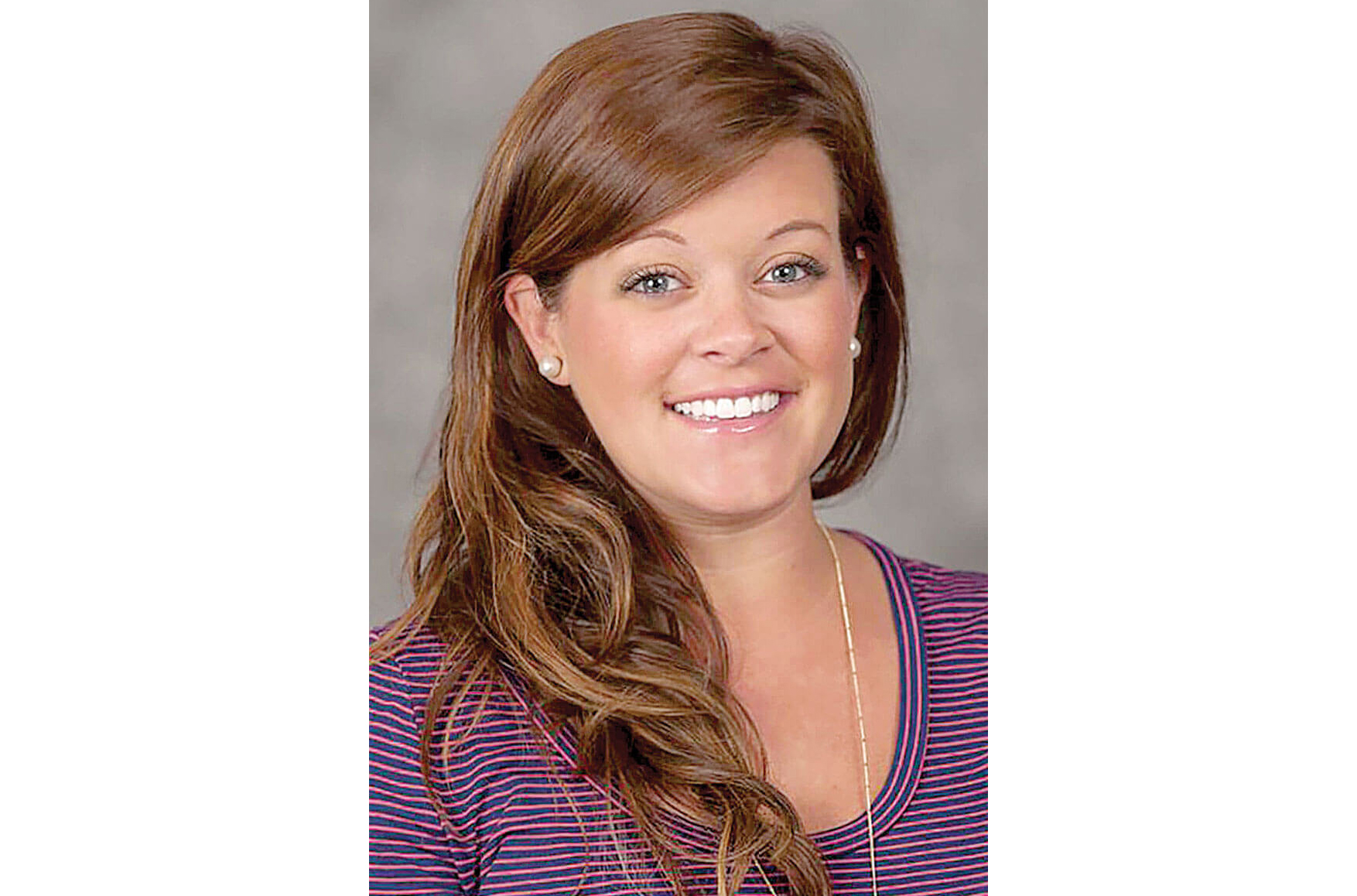MGFPA director: Rising costs ‘continue to make for a taxing time to be in business’
While the economy in Maine continues to be challenging, the state entered the new year with a more than $280 million budget surplus, according to Christine Cummings, executive director of the Maine Grocers & Food Producers Association. While this is good news, inflation, rising interest rates and increased energy costs are reasons for concern.
“We’re facing rising costs across the spectrum. New, higher electricity rates will severely impact our members and residents alike,” Cummings said. “Other costs of doing business – including growing healthcare, transportation, raw materials, wages and benefits – all continue to make for a taxing time to be in business.”
As the three-year mark of COVID-19 in the U.S. approaches, the longer impact of the pandemic is still being felt across the grocery industry.
“COVID turned our industry, and ultimately everyone, upside down,” Cummings said. “Supply chain shortages have certainly improved but consistency remains challenging.”
While some items continue to be out of stock, fulfillment rates are better but not back to normal. Along with an increasing number of COVID cases in December, additional illnesses such as flu and RSV are impacting the labor force and supply chain, according to Cummings.
“Labor shortage in Maine – with our aging population and large geographic footprint – is a real problem,” she said. “Fortunately, Mainers are resilient, and owners have adapted to their new normal, making changes to become more nimble and efficient.
“Plus, we’ve seen the government utilize a significant amount of the ARPA funding to support aspects of our 10-year economic strategy and the state’s recovery plan to assist in providing resources to address our state’s difficult labor market.”
Maine grocers are seeing prices rise across the board, including the frequency from suppliers, Cummings said.
“Our stores, not different from others, are seeing the effects of the increase in all aspects of the supply chain. Maine, geographically, is at the ‘end of the supply chain’ and we’re always cautious of this when we think about how and where food is sourced. COVID certainly shined a positive light on local procurement and the availability of local products.”
While the seasonal availability of some fresh produce presents a challenge, many of the state’s shelf-stable food producers were able to find new markets and fill the voids, Cummings said. The MGFPA is a committee member of the Selling More Maine Foods industry group. It is planning to launch its third annual webinar series helping Maine food producers grow.
“We love the relationships that can be developed between our grocers, retailers, food producers and distributor partners,” Cummings said.
In an effort to help its members, the association recently joined with the Retail Association of Maine and began offering a Multiple Employer 401(k) plan. It also is looking at endorsed supplemental insurance packages to assist its members in “offering enticing benefit packages to remain competitive in the market.”
The MGFPA also has transformed its in-person “Food for Thought Forum” events to a year-round webinar series where panelists speak on pertinent topics. Last year’s topics included PFAS, sustainable packaging and the Employee Retention Tax Credit.
“We aren’t married to a set format or topic, and it helps us to be fluid in responding to members’ needs for various and timely information,” Cummings said.
The association also recently received a Workforce Development grant – in partnership with the Maine Business Education Partnership – from the Maine Department of Labor, and will be offering the National Retail Federation’s Rise-Up training credentials to its retail industry partners. The grant dollars cover the fees of the credentials for staff and also a stipend for employees’ time to earn them.
“We’re working diligently to respond with resources that help our members face the competitive job market,” she said.
In October, the association launched its inaugural Energy Awareness Contest in partnership with Ratio Institute.
“We were thrilled to work with Peter Cooke and connect directly with members to advise them of their energy costs and opportunities for energy efficiencies, resulting in real-world savings,” Cummings said.
The 131st Maine State Legislature convened Dec. 7, 2022, and is scheduled to adjourn on June 21.
Maine was the first state in the country to pass an Extended Producer Responsibility program for packaging, according to Cummings. The rulemaking for the policy officially started at the beginning of December.
The association is – and will continue to be – an active stakeholder in the process. Engagement will continue through the summer of 2024 – when the rules are anticipated to be adopted – and through when the first payments are issued from producers sometime in 2026, Cummings said.
Maine also has other complex policies, such as its “Toxics in Food Packaging Program,” which incorporates designating and requiring safer PFAS alternatives, and a “PFAS in Products Program.” These are also in the midst of rulemaking and information gathering phases.
“We’ll also remain actively involved as representatives of our members in these policy discussions,” she said. “Outside of packaging, we’re hopeful to see bills proposed that are helpful to our businesses, including small modifications to our youth labor laws and our child tax care credits.”

